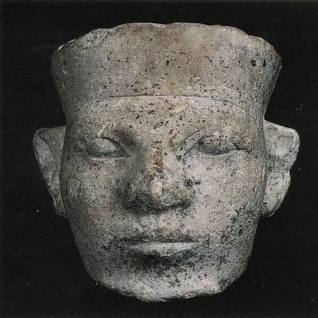
There is a great deal of confusion over class and race. This year of BLM has also led to renewed focus on the theoretical question of ‘race’ and the rising inequalities also led to revival of interest in Marxism. This resurgence of interest in Marxism has also led to a revival of interest in the relation between class and race. At some point a heavily researched article will emerge in the Journal on this topic but the matter is of some present interest so an immediate clarification is required.
There has been a historical tendency of Marxist to reduce race to class and determine that ‘racial awareness’ was a form of false consciousness. An extension of this approach was the tendency to reduce national consciousness to class and treat ‘nations’ as false consciousness. Whatever the technical merits of such a claim it was fundamentally eviscerated by WW2. The defeat of Hitler by Soviet troops was led in large part by a resurgence of fervour for ‘Holy Russia’. Millions of Russians and Soviets were not dying for class interest but for their mothers, wives and families and their sense of their own country. Hitler’s ambition of lebensraum did not distinguish between classes of Russians but intended to do away with Slavs much as Americans had done away with Native Americans. Many Russians and other Soviets who hated Stalin were willing to sacrifice in great measure for their nations once Hitler’s ambitions were crystal clear. Without the Soviet destruction of Hitler’s armies it is unlikely that a victorious Germany replete with every resource required for wars would have anything to fear from the USA.
What is missing in these discussions is any theoretical understanding of how these categories arose in Marxist theory.
We have to start with Kant and his theory of history which followed on the Scottish materialist school of Ferguson. According to these theories history is driven by war of each and against each.. In an earlier article I wrote:
Kant’s Engine of History:
“Kant follows on from Ferguson who wrote:
‘Without the rivalship of nations, and the practice of war, civil society itself could scarcely have found an object, or a form. Mankind might have traded without any formal convention, but they cannot be safe without a national concert.’
In Kant’s words:
‘‘Without these asocial qualities (far from admirable in themselves) which cause the resistance inevitably encountered by each individual as he furthers his self-seeking pretensions, man would live an Arcadian, pastoral existence of perfect concord, self sufficiency and mutual love. But all human talents would remain hidden for ever in a dormant state, and men, as good-natured as the sheep they tended, would scarcely render their existence more valuable than that of their animals. The end for which they were created, their rational nature, would be an unfilled void,”1
Marx converted this from a ‘war of each against each’ to ‘class war’ of ‘each class against each class’. But Kant added another category and that was ‘race’. According to Kant only ‘white people’ could make history. This meant that while there might be wars and conflict among non-whites this conflict would not generate ‘history’. Non-whites became unhistorical persons and China became an ‘oriental despotism’ unchanging and without history. For non-whites their stories amount to no more than:
‘It is a tale
Told by an idiot, full of sound and fury,
Signifying nothing.’2
Marx has inherited this trope of the non historical nature of non-whites and therefore irrelevance of ‘race’. In theory one might think this need not lead to a devaluation of ‘nation’ but the radical reduction of all human conflict to class leaves little room for nation. In any case ‘nation’ would soon be trojan horse for ‘race’. Later in his life and in his unpublished notes Marx repudiated this trope at the insistent urging of Russian revolutionaries.
So called ‘orthodox’ Marxists and many contemporary media pundits such as Peter Lavelle of RT conflate ‘race’ and ‘class’ and thereby shower contempt on BLM and what they call ‘identity politics’ without recognising that identity politics is embedded in Western thought through its belief that only ‘white people’ can make history. This idea that race and nation are irrelevant to history, that race is an epiphenomenon of class is not directly racist but is borne of racist schemas and has racist roots.
Endnotes
1. Ladimeji, ‘Kleingeld, Bernasconi and Kant’s Colonialism’.
2. Shakespeare, Macbeth: SCENE V. Dunsinane. Within the Castle.
REFERENCES

